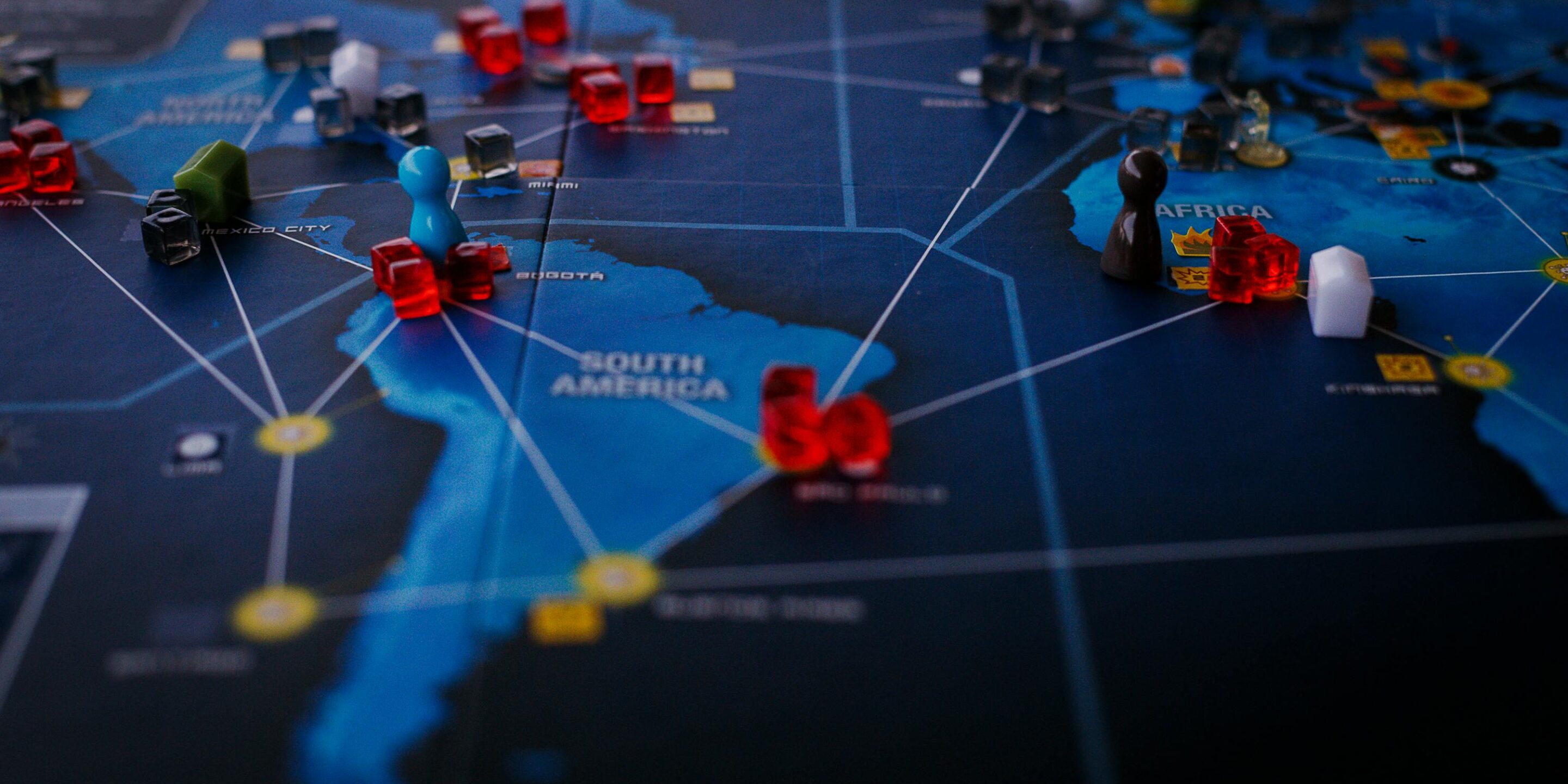December 12, 2024
Is multipolarity destined to destabilize the world?

Concerns about the shifting global order have grown as we transition from a unipolar world, dominated by the United States since the end of the Cold War, to a more fragmented, multipolar landscape. The rise of new powers—China, India, Turkey, and Iran among them—has ushered in what many see as an era of multipolarity. For some, this raises hopes for a more balanced international system, while others fear multipolarity will unleash instability, as competing interests collide without a single guiding hand. The question isn’t just whether multipolarity is inevitable; it’s whether it’s inherently destabilizing. The history of multipolar systems is mixed at best, often marked by conflict and competition. However, the historical precedent of the “Concert of Europe” offers an intriguing model for managing today’s emerging multipolarity through a balance of power, cooperation, and, critically, restraint. A modern concert of powers could help the world’s leading states coexist without the endless interventionism that risks turning multipolarity into a dangerous free-for-all.
To understand today’s instability, it’s worth reflecting on the unique conditions that arose after the Cold War, when the U.S. became the world’s unrivaled superpower. America’s unipolar moment spread liberal democratic values and market capitalism across the globe, fueled by the optimism of a new world order. But while the West celebrated the “end of history,” these values met resistance in many parts of the world. Efforts to universalize Western norms—from open markets to democratic governance—often clashed with traditional or authoritarian structures, sparking pushback from states that saw these changes as incompatible with their own interests.
More on Western Hemisphere

Featuring Benjamin Friedman
October 30, 2025

Featuring Daniel DePetris
October 28, 2025

Featuring Jennifer Kavanagh
October 27, 2025

Featuring Jennifer Kavanagh and Daniel DePetris
October 23, 2025

October 21, 2025

Featuring Daniel Davis
October 18, 2025
Events on Grand strategy



